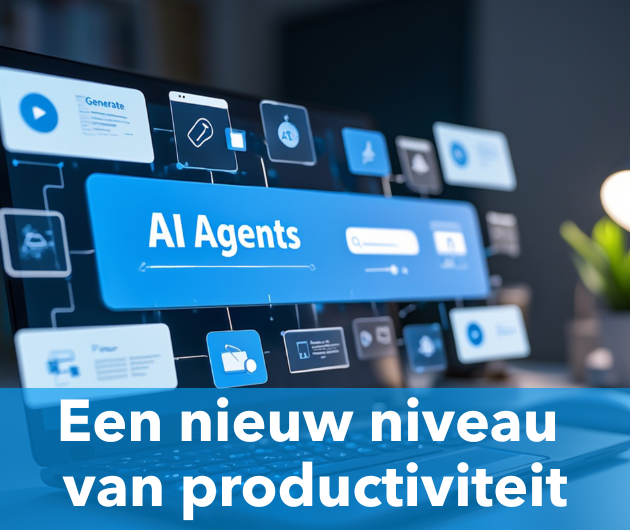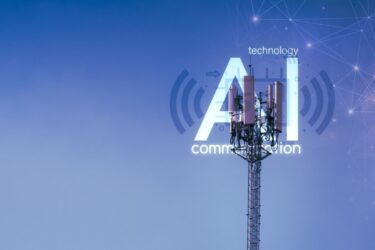I doubt that many people are aware of a consortium called Eclipse, but with any luck we will all be cheering them in the long term. The leading light in Eclipse is IBM but this time, while the primary opponent is Microsoft, there is also an antagonism towards Sun. The main developer of the Eclipse products is Object Technology International, a company coming from a Smalltalk background.
Eclipse is developing Open Source standards for development tools exploiting Java. This is where the anti-Sun bit comes in because Eclipse is proposing some alternatives to the "add-ons" to Java, but not to Java itself. While Java is in the public domain, the stewardship resides with its originator, Sun. The OSS community has long pioneered for the stewardship to also be in the public domain and IBM, along with most other Java focused software suppliers, have backed this idea; they don’t feel comfortable with a competitor being in the driving seat.
Nevertheless there is a strong adherence to the Sun J2EE standards. J2EE has been enormously successful, dominant in fact, for new server based applications, but it has made little impact on the desktop. Microsoft Windows totally dominates. There is no major problem with using Windows clients with Java-based servers, but Microsoft have produced Visual Studio.NET which gives them a big advantage with developers for the desktop. Lack of presence in client program development is letting .NET make inroads into Java’s server-side superiority. This is behind Eclipse because IBM et al do not think that Sun has produced an effective competitor to Visual Studio.
Sun and IBM would both like the IT community to switch from Windows on the desktop to Linux, but that is a long term proposition. In the short and medium terms they must repel the threat of .NET on the servers. There is only one way to do this and that is to fully support Windows as a client and that is where they perceive Sun to be weak.
Eclipse released its own modelling framework (EMF) last year, which in itself is a major step forward, since it will help independent tool developers to mix their products with other suppliers to create a single integrated development environment akin to Microsoft’s successful Visual Studio, but with a choice of tools. But the key The key difference in the approaches taken by Eclipse and Sun lies in the focus on portability. Sun’s approach, the Java standard NetBeans,with the Abstract Window Toolkit (AWT) and the Swing libraries, uses layered software that targets the portability of a graphical application between Windows and other GUIs. Eclipse on the other hand has released the Standard Widget Toolkit (SWT) for basic Windows "widgetry", with JFace for more advanced effects. These map Java directly onto C, effectively encapsulating the native OS transparently. While Windows is the primary target, Eclipse has also released support for Motif and the OSS Gimp toolkit.
There is no doubt that the Sun approach is technically the more correct but it is equally certain that Eclipse is the right way to go. It simply means that a client developed with SWT will look and feel like a Windows application. While it would be easy to put forward a case for using a better designed GUI, users are familiar with the Windows one and will find it more acceptable. Users don’t care what tools were used to create an application but they do bother about how easy it is to learn how to use it.< BR>
Martin Healey, pioneer development Intel-based computers en c/s-architecture. Director of a number of IT specialist companies and an Emeritus Professor of the University of Wales.







